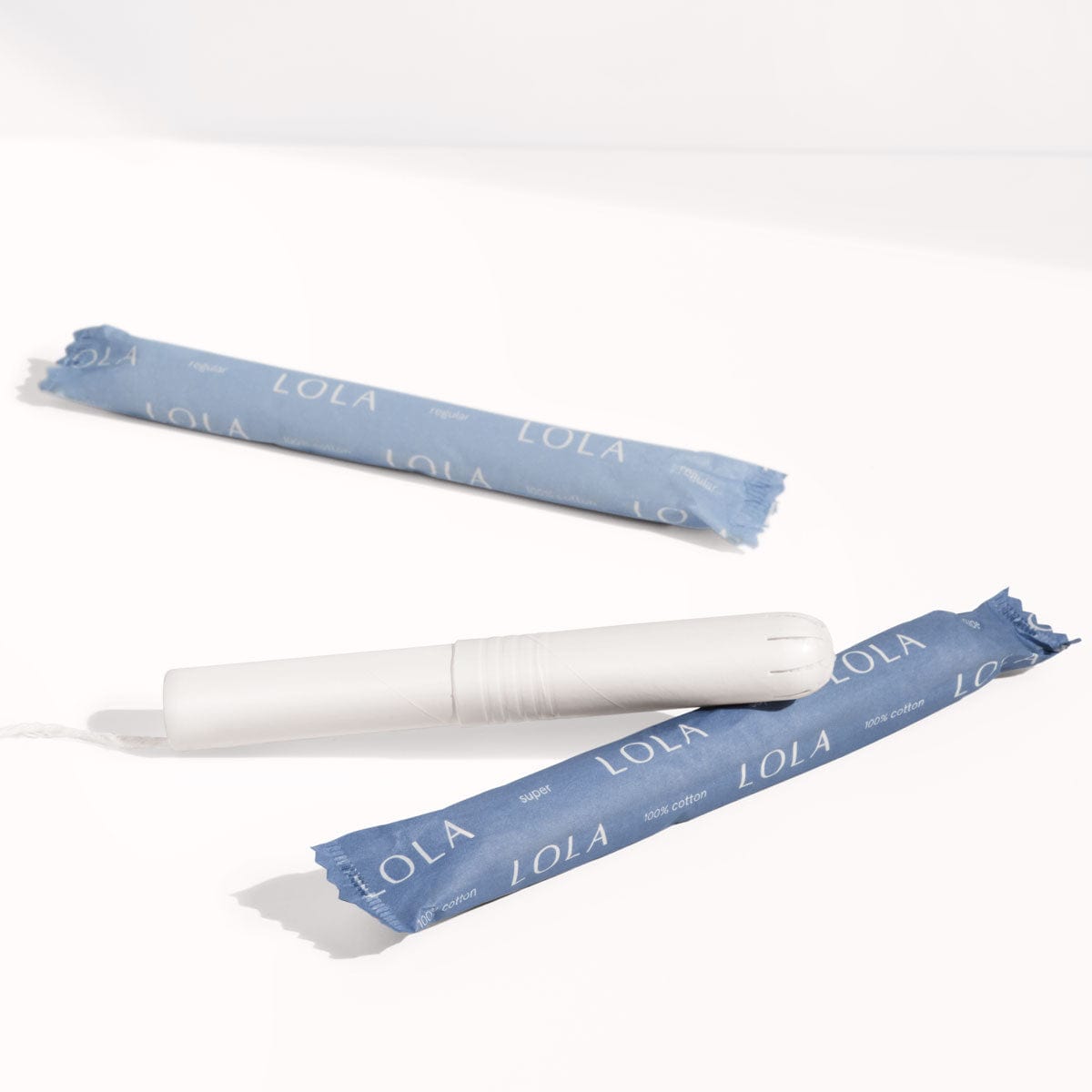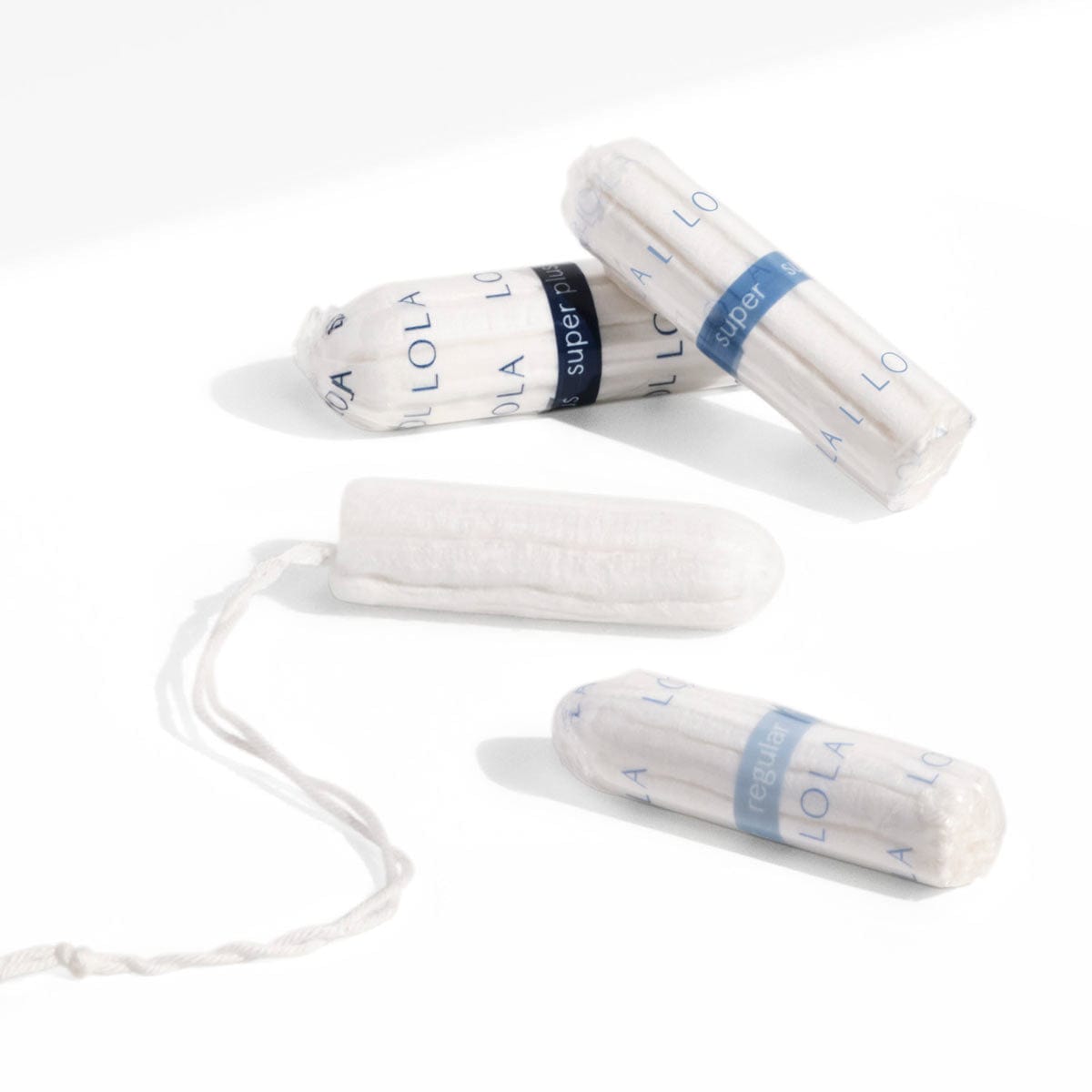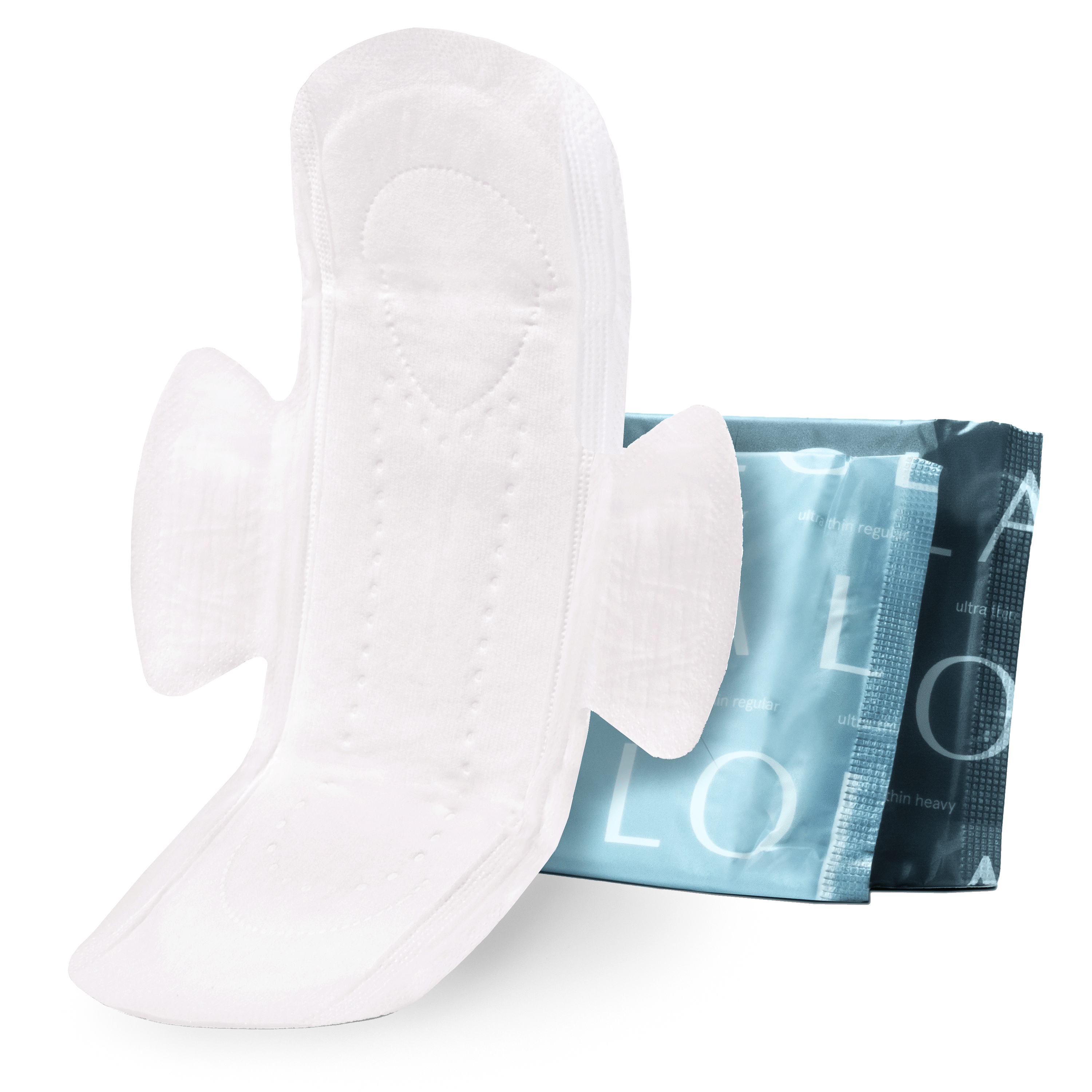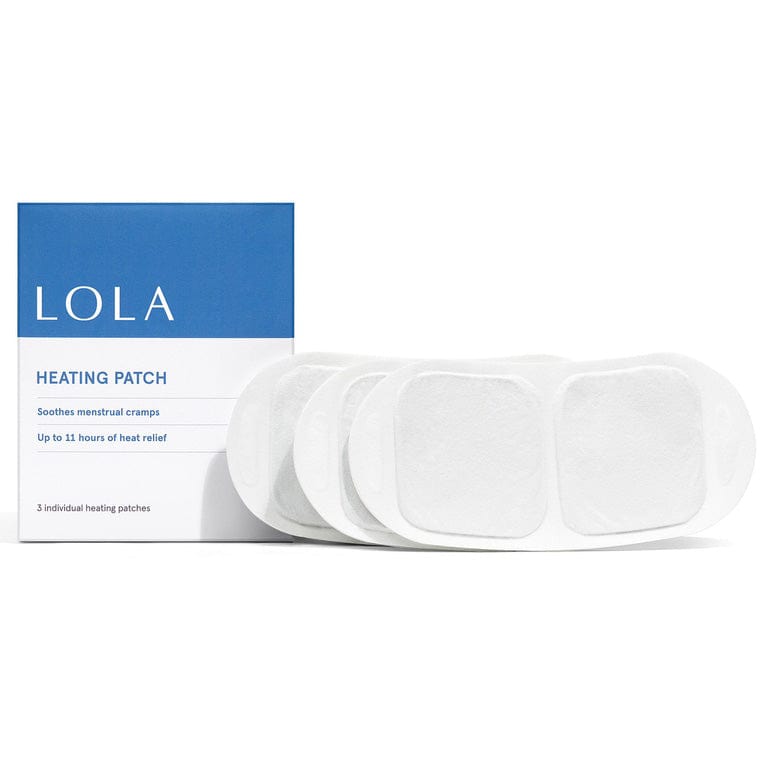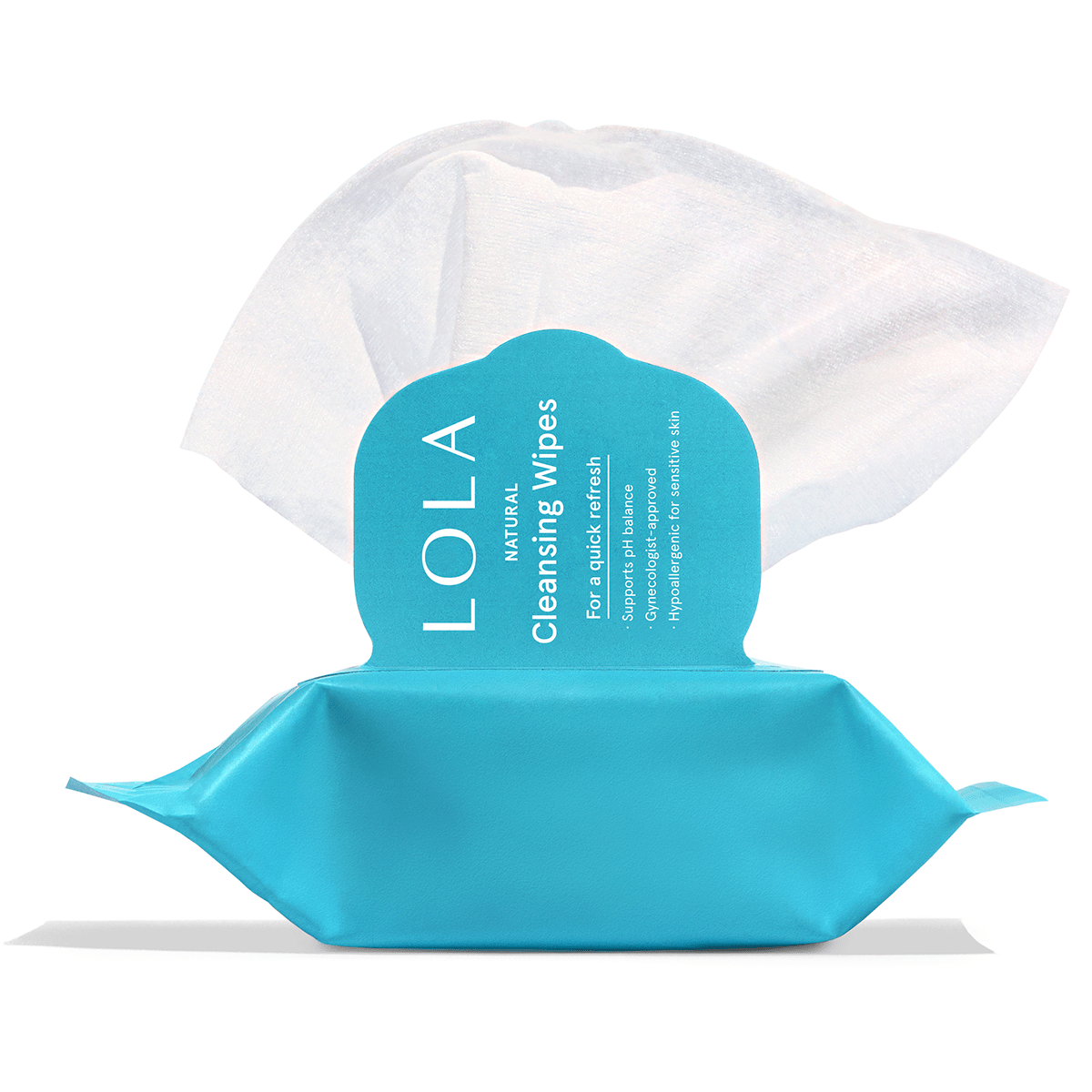If you're hoping to have kids at some point, you may be wondering, "How do I know if I'm actually fertile?" Perhaps you know someone who's had a hard time getting pregnant, or you've heard that fertility declines with age and you're just not ready for kids yet.
While you won't know for sure until you start trying to conceive, your menstrual cycle can tell you a lot about how fertile you are. Below are some signs to help you assess if your body is able to get pregnant, and what this may mean for the future.
You can predict your period
If the number of days between periods is about the same each month (i.e. your period is "regular"), that's good news. According to Dr. Lynn Westphal, a reproductive endocrinologist and associate professor at Stanford University School of Medicine, "A regular cycle is one of the clearest signs that your hormones are working properly and releasing an egg each month."
Your menstrual cycle length is "normal"
A "normal" menstrual cycle generally defined as lasting between 21 and 35 days long is another sign that you are ovulating regularly and "that all of the sex hormones are balanced to support natural conception," as per Stephanie Beall, M.D., Ph.D., a board certified reproductive endocrinologist based in Maryland.
Shorter cycles (<21 days) can indicate that the ovaries contain fewer eggs or that menopause is approaching. Longer cycles (>35 days) may be a sign that you're not ovulating each month (the uterine line gets so thick while waiting for an egg to implant that it eventually becomes unstable and falls apart, producing your period).
Your body tells you that it's ovulating
If you listen to your body, you may detect cues that you're ovulating. These include cramping in your lower abdomen, extra discharge (i.e. cervical mucus), particularly of an egg white consistency that you can stretch between your fingers, and increased sex drive. While some women can easily notice these changes, others have a tougher time.
If you're not sure, there are three ways to track whether your body is ovulating:
1. Take your basal body temperature (BBT): Measure and chart the temperature of your body first thing in the morning before you get up. Your BBT should reach its lowest point at ovulation and then rise immediately and dramatically (by about a half a degree) as soon as ovulation occurs. Charting for a few cycles will help you determine if and when the temperature spike following ovulation occurs.
2. Check your cervix: As your body approaches ovulation, your cervix changes from being low, hard, dry, and closed (like your nose) to being soft, high, open, and wet (like your lips). Check the position of your cervix daily by inserting one or two fingers, and be sure to write down your observations, including the consistency and amount of cervical mucus. The acronym SHOW (Soft, High, Open, Wet) can remind you of what to look for.
3. Use an Ovulation Predictor Kit (OPK): OPKs detect the surge in Luteinizing Hormone (LH) that precedes ovulation. You literally just pee on a stick, the same way you would with a pregnancy test. For best results, do the test at the same time every day. Note: women with certain conditions (like Luteinized Unruptured Follicle Syndrome or PCOS) may experience a surge in LH without ovulating afterwards, so use OPKs in conjunction with the other tracking tools listed above to be sure. (I've personally used this affordable kit with success.)
Your period lasts less than a week, and it's tolerable
Extremely painful, heavy, or long periods, lasting more than 7 days, can be a sign of fibroids (benign tumors in the uterus which occur in 20-80% of women by the age of 50) or endometriosis (when your uterine lining grows on organs outside of your uterus). Both of these conditions can lead to fertility issues.
You're under 35
You've probably heard this already, so I'll be brief: generally, a woman's fertility peaks in her 20s, then gradually declines in her 30s, particularly after age 35. So the younger you are, the more likely you are to conceive.
Bottom line: If all of these statements apply to you, you're probably ovulating regularly, which is a good sign (though not a guarantee) that your hormones are balanced and your reproductive system is working properly. Remember, the approximately 24-hour window of ovulation is when you're most fertile " this is when you should be having sex if you're actively trying to get pregnant. Though you should be aware that even if you're ovulating, other factors, including weight, diet, stress levels and habits (like cigarette smoking) can interfere with conception.
And, remember: if you want kids, the odds are in your favor. According to the US Office on Women's Health, only 10% of reproductive-aged women have trouble getting pregnant after trying to conceive for a period of one year, and 85% to 90% of cases can be treated.

